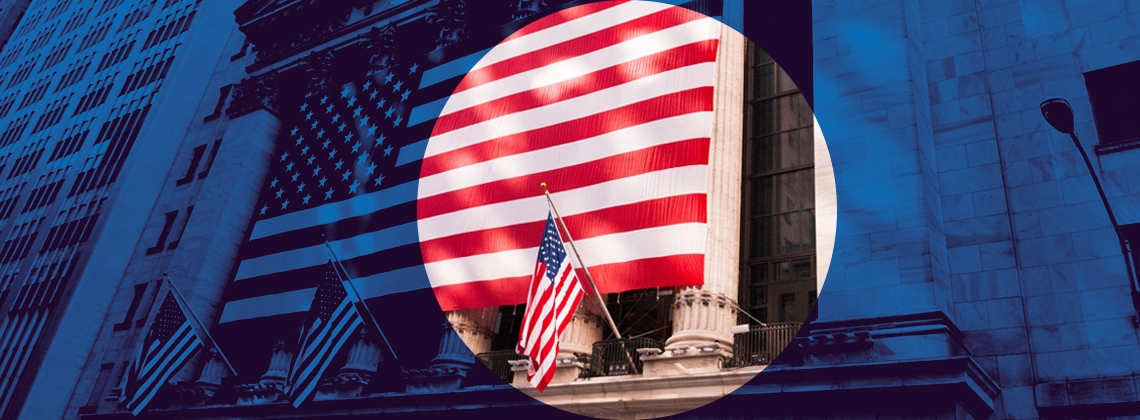News analysis
Corporate executives will pay for white-collar crimes in US pilot programme

Corporate executives will pay for white-collar crimes under new proposals announced by the United States Department of Justice.
It’s a move that may bring relief to corporate shareholders, but it might alarm executives and the boards working with them at the same time.
It’s also a significant statement of intent from US authorities, who are increasingly looking to combat white-collar crime using tactics similar to their European counterparts.
What’s going on?
The DOJ wants to plant the financial blame for white-collar crime on corporate executives.
It has announced a pilot programme of discounts on financial penalties for any company that “claws back” compensation from any executives found to have committed financial foul play.
“Our goal is simple: to shift the burden of corporate wrongdoing away from shareholders, who frequently play no role in the misconduct, onto those directly responsible,” said Deputy Attorney General Lisa Monaco at an American Bar Association event last week.
What does this mean?
Clawbacks refer to money given to someone by a company that the company claims back because of underlying circumstances. In this case, the circumstance is that the exec who received the cash has been found guilty of fraud.
Under this new DOJ pilot programme, a company seeking a clawback from a guilty exec is entitled to a discount on a fine it has received.
Why is the company getting fined if the exec is guilty?
This is the central issue that has plagued the corporate world for decades.
Globally, it is far more common for companies – as an entity – to be fined for financial wrongdoing. Individuals getting fined is far rarer, even in cases where we can trace culpability to just a few individuals.
However, this is also something lawmakers want to change, because since companies can usually absorb such financial penalties, nobody feels an incentive to “be good next time”.
Many politicians believe execs (or board members) will continue to act in the wrong since they can hide behind the corporate shield once authorities become involved.
Will it work?
That’s for the next three years to decide.
Monaco admitted that clawbacks were by no means a new idea and that, in the past, their effects were minimal.
However, this campaign is more direct and targeted, so it may make a difference.
This time, there is also an extra incentive for companies: if they try and fail to claw money back from executive compensation, they can still claim the fine discount. All they have to prove is that their efforts to clawback were in earnest.
Is this happening elsewhere?
Yes. The specific details may vary across borders, but the culture of targeting individual leaders over entire corporations is very much alive.
Just a few months ago in the UK, for example, the proposed Economic Crime and Corporate Transparency bill vowed to hold board members personally liable for financial wrongdoing for the first time.
In this case, a board member wouldn’t even have to participate in foul play; it would be enough for them to simply “do nothing” or “fail to investigate” while it was happening.
What does this mean for US execs and boards?
It suggests the current US government views fraud as an individual issue that should carry personal repercussions.
This isn’t bad news for execs and boards insofar as it doesn’t directly affect anyone following the law. However, it will likely mean more oversight and an increased onus to detect and prevent foul play within their company’s ranks.
For execs who have engaged in white-collar crime, the repercussions are obvious.
